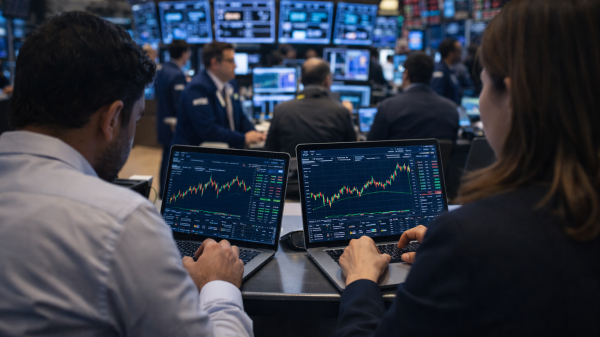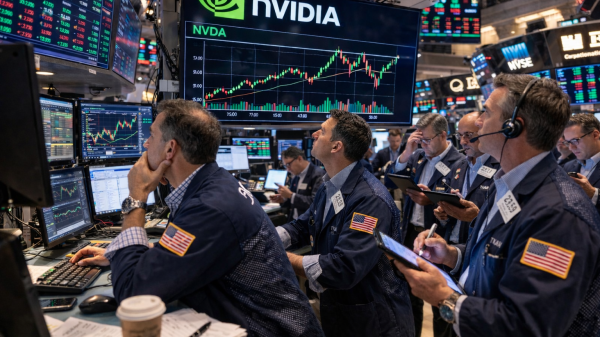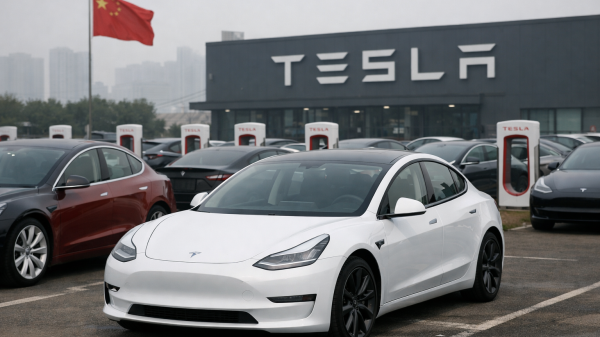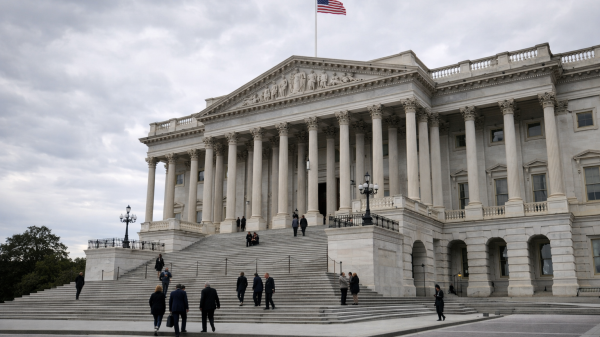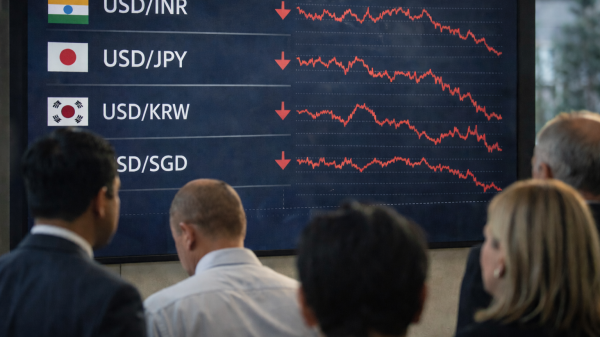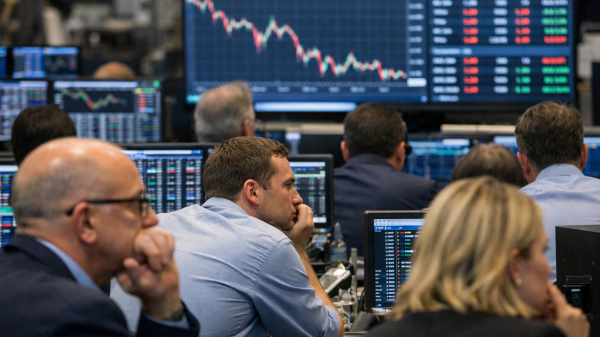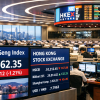JPMorgan Chase & Co. CEO Jamie Dimon has voiced significant concerns about the US economy, stating he cannot dismiss the possibility of stagflation as the nation grapples with formidable risks stemming from geopolitical instability, persistent budget deficits, and mounting price pressures.
He also endorsed the Federal Reserve’s current patient approach to monetary policy.
“I don’t agree that we’re in a sweet spot,” Dimon declared in a Bloomberg Television interview conducted at the lender’s Global China Summit in Shanghai.
He elaborated on the multifaceted threats, highlighting “huge deficits, inflationary factors, and geopolitical risk.”
In this context, Dimon asserted that the US Federal Reserve is “doing the right thing to wait and see before they decide” on future interest rate moves.
His comments come as Fed officials have maintained steady interest rates throughout the year, navigating a landscape characterized by a resilient economic backdrop juxtaposed with uncertainty over potential government policy shifts—such as tariffs—and their cascading effects on the economy.
Earlier this month, policymakers acknowledged an increased risk of simultaneously confronting both elevated inflation and rising unemployment, the hallmarks of stagflation.
A significant source of this uncertainty is the ongoing trade dynamic between the US and China.
While the two economic giants agreed earlier this month to a sharp reduction in tariffs for a 90-day period to negotiate a new trade agreement, the path forward is fraught with challenges.
Analysts and investors widely anticipate that US President Donald Trump’s tariffs on Chinese goods will likely remain at a level sufficient to severely curtail Chinese exports even after the 90-day truce concludes.
Dimon expressed a desire for continued dialogue: “I don’t think the American government wants to leave China,” he said.
“I hope they have a second round, third round or fourth round and hopefully it will end up in a good place.”
Policy uncertainty stifles business activity
President Trump’s often unpredictable tariff announcements and his administration’s efforts to shrink or dismantle government agencies have fueled widespread concerns about international trade, inflation, unemployment, and the potential for a recession.
Bank executives have noted that this climate of uncertainty is prompting companies to pause expansion plans, including lucrative mergers and acquisitions that are a key business for Wall Street dealmakers.
Reflecting the gravity of these global shifts, JPMorgan, the largest US bank, launched its “Center for Geopolitics” this week.
This new unit will provide research on critical geopolitical issues, including Russia and Ukraine, the Middle East, and the trend of global rearmament.
The unit “is both for us, and it’s also to educate clients,” Dimon explained.
Clients ask us all the time, what should we do about this country. How do you look at risk?
The impact of policy uncertainty on client activity is palpable.
JPMorgan, among other financial institutions, has indicated that clients may be adopting a wait-and-see approach, preferring to remain on the sidelines.
Troy Rohrbaugh, co-CEO of JPMorgan’s commercial and investment bank, stated earlier this week that the bank’s investment banking fees could potentially fall by a percentage in the mid-teens compared to a year ago—a more significant decline than analysts had predicted.
Fiscal challenges and dollar dynamics
Dimon also underscored the pressing need for the US to address its fiscal imbalances, stating the country has to “attack the deficit problems.”
He acknowledged the rationale behind investors potentially reducing their holdings of US dollar assets amidst these concerns.
“I don’t worry about short-term fluctuations in the dollar, but I do understand people might be reducing dollar assets,” he remarked.
These concerns are amplified by ongoing legislative efforts.
On Wednesday night, House Republican leaders released a revised version of President Trump’s extensive tax and spending bill.
The new draft includes a higher limit on the deduction for state and local taxes (SALT) and other modifications, aimed at winning over dissenting factions within the GOP to secure support for the legislation.
The US Treasury market has also shown signs of stress.
On Wednesday, Treasuries extended their recent selloff, with longer-term securities bearing the brunt of the decline.
An auction of 20-year debt received a relatively tepid reception from investors.
At one point, the selloff pushed the yield on the 30-year bond up by as much as 13 basis points to nearly 5.10%, its highest level since 2023.
Treasury yields were little changed in Asian trading on Thursday, indicating a tentative stabilization after the recent volatility.
The post ‘Not in a sweet spot’: JPMorgan’s Dimon sounds alarm on US stagflation, backs Fed’s rate hold appeared first on Invezz



